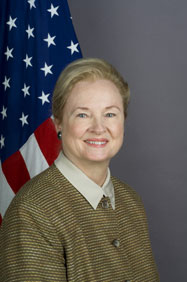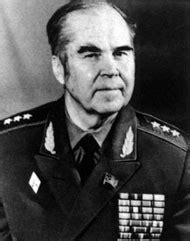A Quote by Malcolm Muggeridge
Posterity will surely be amazed, and I hope vastly amused, that such slipshod and unconvincing theorizing should have so easily captivated twentieth-century minds and been so widely and recklessly applied.
Related Quotes
It is my belief that whereas the twentieth century has been a century of war and untold suffering, the twenty-first century should be one of peace and dialogue. As the continued advances in information technology make our world a truly global village, I believe there will come a time when war and armed conflict will be considered an outdated and obsolete method of settling differences among nations and communities.
Given that the nineteenth century was the century of Socialism, of Liberalism, and of Democracy, it does not necessarily follow that the twentieth century must also be a century of Socialism, Liberalism and Democracy: political doctrines pass, but humanity remains, and it may rather be expected that this will be a century of authority ... a century of Fascism. For if the nineteenth century was a century of individualism it may be expected that this will be the century of collectivism and hence the century of the State.
Social historians of the future no doubt will be amused by the fact that we late-twentieth-century Americans found it acceptable to discuss publicly in detail the most intimate aspects of personal life, while maintaining an almost prudish reserve concerning the political significance of family life.
Film is more than the twentieth-century art. It's another part of the twentieth-century mind. It's the world seen from inside. We've come to a certain point in the history of film. If a thing can be filmed, the film is implied in the thing itself. This is where we are. The twentieth century is on film. You have to ask yourself if there's anything about us more important than the fact that we're constantly on film, constantly watching ourselves.
It has been said that the three great develpments in twentieth century science are relativity, quantum mechanics, and chaos. That strikes me the same as saying that the three great developments in twentith century engineering are the airplane, the computer, and the pop-top aluminum can. Chaos and fractals are not even twentieth century ideas: chaos was first observed by Poincare and fractals were familiar to Cantor a century ago, although neither man had the computer at his disposal to show the rest of the world the beauty he was seeing.
The great crimes of the twentieth century were committed not by money-grubbing capitalists but by dedicated idealists. Lenin, Stalin, and Hitler were contemptuous of money. The passage from the nineteenth to the twentieth century has been a passage from considerations of money to considerations of power.
I myself am convinced that the theory of evolution, especially to the extent to which it has been applied, will be one of the greatest jokes in the history books of the future. Posterity will marvel that so very flimsy and dubious an hypothesis could be accepted with the incredible credulity it has.































